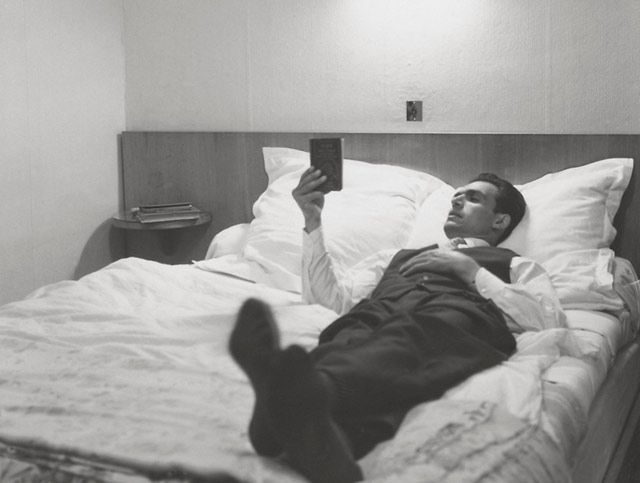
Burning Question
Why is the Arab world in the midst of an art museum, art school, art market, and biennial building frenzy at this moment?
Traveled To
Beirut, Lebanon
About the Artist
Born 1967, Chbanieh, Lebanon. Lives and works in New York.
Over the past ten years, the Arab world has witnessed the emergence of a new infrastructure for the visual arts. Moreover, the planned construction of several large art museums and art schools in the Arab Gulf raises fascinating questions about how art will be conceived, made, distributed, and consumed in the future, not only in the Arabian Gulf, but in the Arab world in general, and beyond. On the one hand, my project aims to identify and unpack the ideological, economic, and political dimensions of this recent fascination with the visual arts in the Arab world. On the other hand, I intend to examine how culture and tradition in the Arab world may have been affected, materially and immaterially, by the various wars that have been waged there by native and external powers. I am hoping to research this emerging infrastructure of and for contemporary art. I will be interviewing scholars, artists, state officials, historians, and other thinkers, writers, and bureaucrats.
—Walid Raad
Walid Raad is an artist and an Associate Professor of Art in The Cooper Union (New York, USA). Raad’s works include The Atlas Group, a fifteen-year project between 1989 and 2004 about the contemporary history of Lebanon, and the ongoing projects Scratching on Things I Could Disavow: A History of Art in the Arab World, and Sweet Talk: Commissions (Beirut). His books include The Truth Will Be Known When The Last Witness Is Dead, My Neck Is Thinner Than A Hair, Let’s Be Honest, The Weather Helped, and Scratching on Things I Could Disavow. Raad’s works have been shown at Documenta 11 (Kassel, Germany), The Venice Biennale (Venice, Italy), The Hamburger Bahnhof (Berlin, Germany), The Museum of Modern Art (New York, USA), Homeworks (Beirut, Lebanon) and numerous other museums and venues in Europe, the Middle East, and North America.

